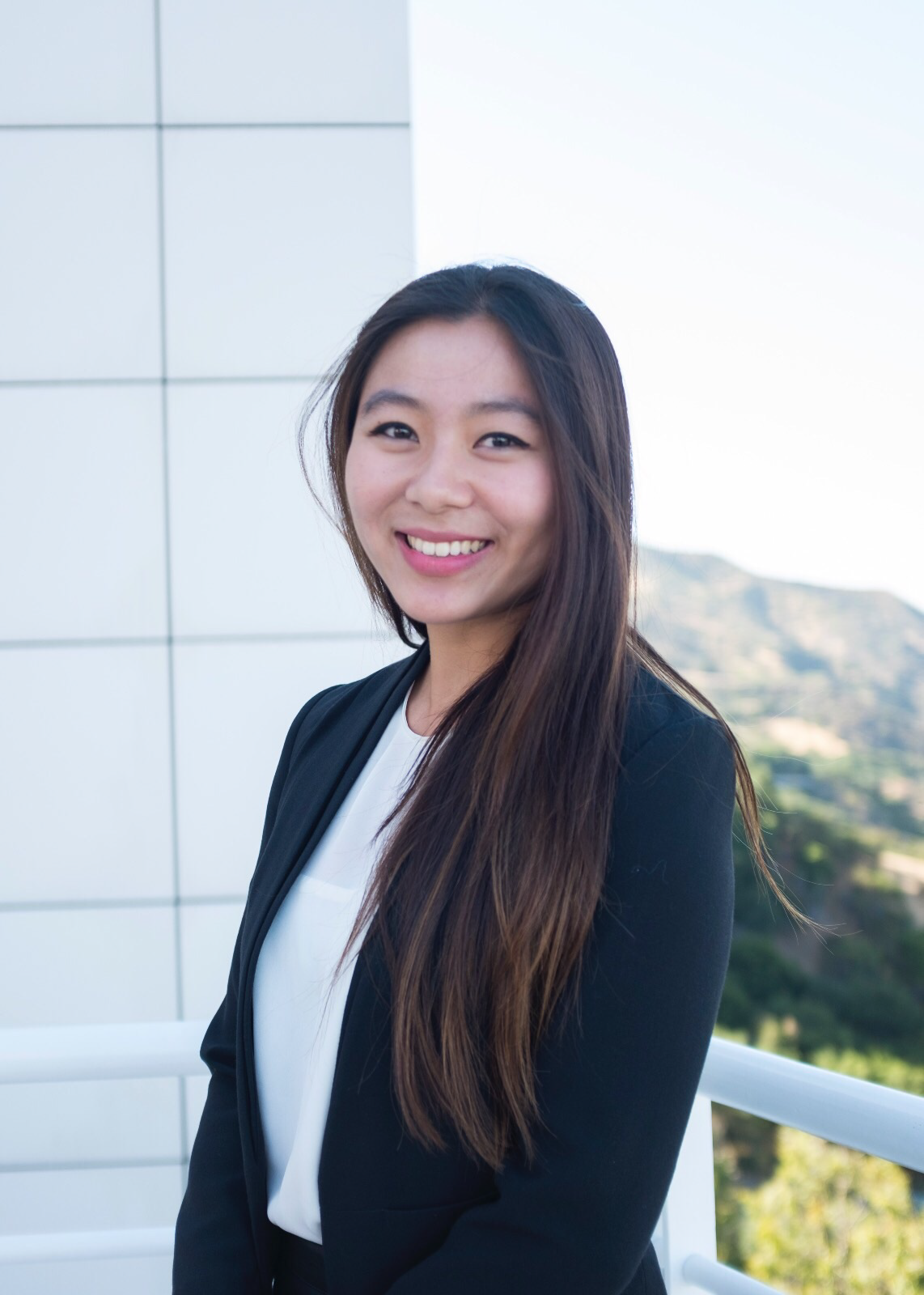
Tamara Wu

CEO and Founder @ Liberty Society
Tamara Wu is the CEO of Liberty Society, a social enterprise that empowers marginalized women through eco-friendly B2B merchandise and services. With over 10 years of experience at the intersection of corporate and nonprofit sectors, she combines profit and purpose. Tamara mentors youth-led NGOs focused on women’s empowerment, poverty alleviation, and community development. As a former Miss Indonesia Jawa Timur 2019 and a 2024 Forbes 30 Under 30 Social Impact awardee, she advocates for social change. Liberty Society won the Women Empowerment Principles award in 2021 and the "Green Business Solutions" award from the International Trade Center in Geneva. Recently, she was selected as one of 14 Global Young Leaders for Generation 17, a Samsung and UNDP initiative promoting the Sustainable Development Goals.




